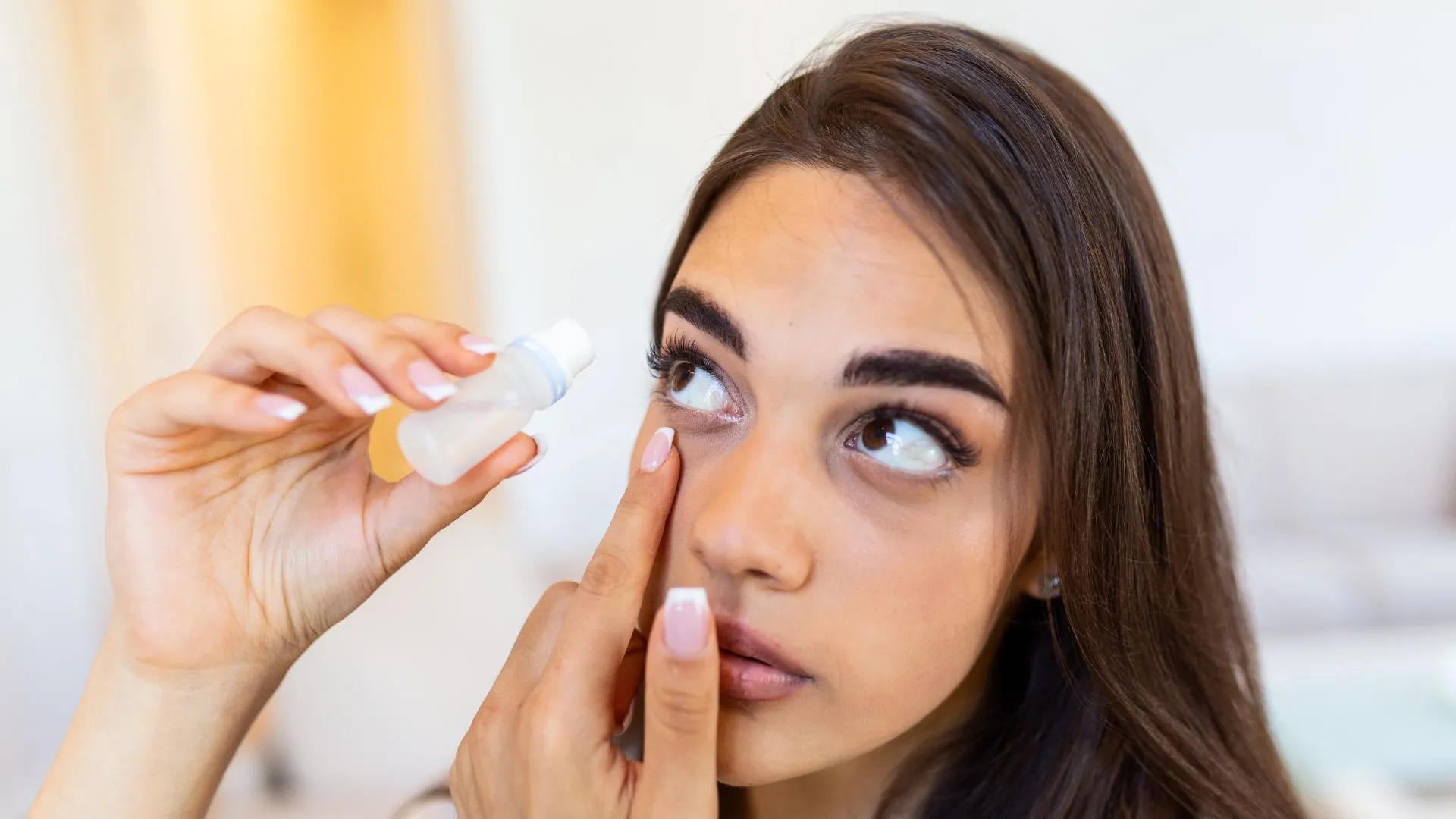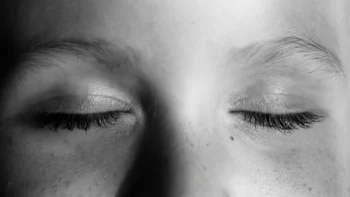A parched desert, gritty windswept sand, and the inability to see through searing light. For those with dry eye syndrome, this is often what it feels like on a day-to-day basis; where scratchy, burning, and grainy sensations fill your eyes, making it difficult to do anything that requires focus. If every blink feels like a desperate plea for moisture amidst an arid wasteland of discomfort, you may be frantically googling to find out “Does dry eye go away on its own?” Unfortunately, the answer is no, as it’s not just an issue of dehydration. Read on to learn more about the hidden complexities of dry eyes, what to expect when living with them, and why it’s best to seek out professional help for them.
What Is Dry Eye Syndrome: Explanation, Causes, and 9 Things to Expect
Explanation
Causes
- Being older in age & being a woman – hormonal changes.
- Constantly being in windy, dry, or smoky conditions that increase tear evaporation.
- Taking medications like antihistamines or birth control pills may reduce tear production.
- Having medical conditions like diabetes, arthritis, autoimmune or thyroid problems.
9 Things to Expect When Dealing With Dry Eye Syndrome
When dealing with dry eyes, expect to deal with the following challenges:
1. You’ll have persistent dryness, which may make it feel like something is scratching at your eyes, irritating them and making them uncomfortable.
2. You may have eye fatigue and bloodshot eyes from prolonged periods of eye strain. If you work at a computer or read a lot, make sure to take frequent breaks.
3. Bright lights or sunlight could worsen discomfort due to light sensitivity.
4. You may experience intermittent or persistent blurred vision that will make reading small print or focusing on objects more difficult.
5. Sometimes, dry eye syndrome can lead to excessive tearing. This is your eyes trying to compensate for the lack of moisture by producing more tears. But, because these tears do not provide adequate lubrication or are of poor quality, they won’t really help alleviate the symptoms you’re experiencing.
6. If you wear contact lenses, you may find that lens insertion or removal is more challenging due to the irritation and dryness.
7. Your ability to read, work, drive, or engage in hobbies that require visual concentration could be significantly impacted.
8. Exposure to dry air, wind, smoke, or even air conditioning in the summer months can exacerbate your eye dryness.
9. You may find that your dry eyes take an emotional toll on you, causing you to feel frustrated at the limitations it poses in daily life. You may experience irritability, anxiety, or even depression, which is why it’s critical to seek medical help for your dry eyes.
Treatment For Dry Eyes
Treatment strategies for tackling dry eyes include lifestyle modifications like taking prolonged breaks from screen time, eating a balanced and nutritious diet, and using artificial tears to provide hydration relief. You can learn more about treatment options here that go beyond lifestyle modifications.
Seeking Professional Help: Does Dry Eye Go Away On Its Own?
No, dry eyes do not go away on their own. Rather, you must address the underlying cause of the dry eye syndrome, and not just “deal” with it. Doing so could lead to long-term complications, and certainly impact your overall eye health. Our board-certified physicians have the expertise, knowledge, and advanced tools to diagnose and treat your dry eye effectively, so please reach out to us at: (702) 263-2020 or use our contact form on our website.





